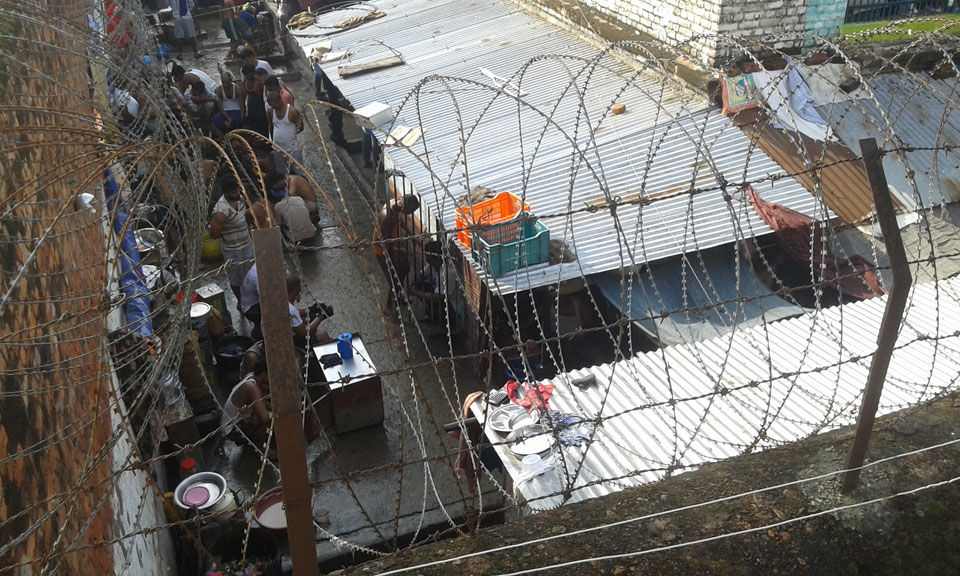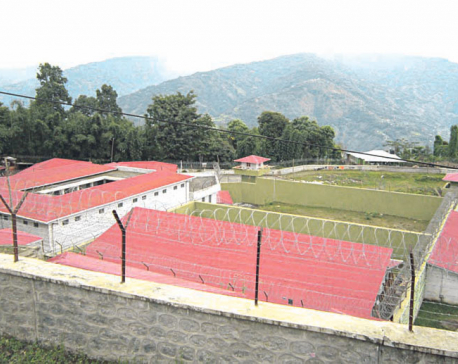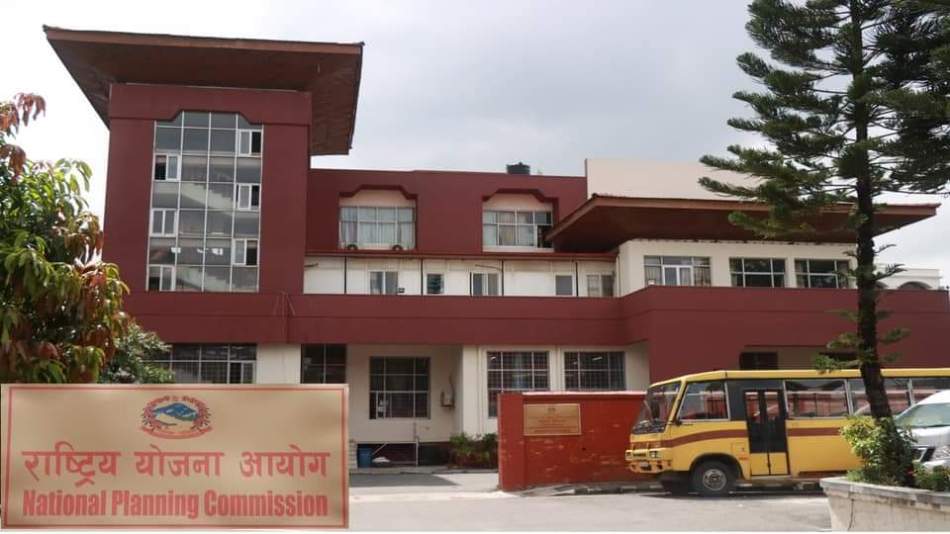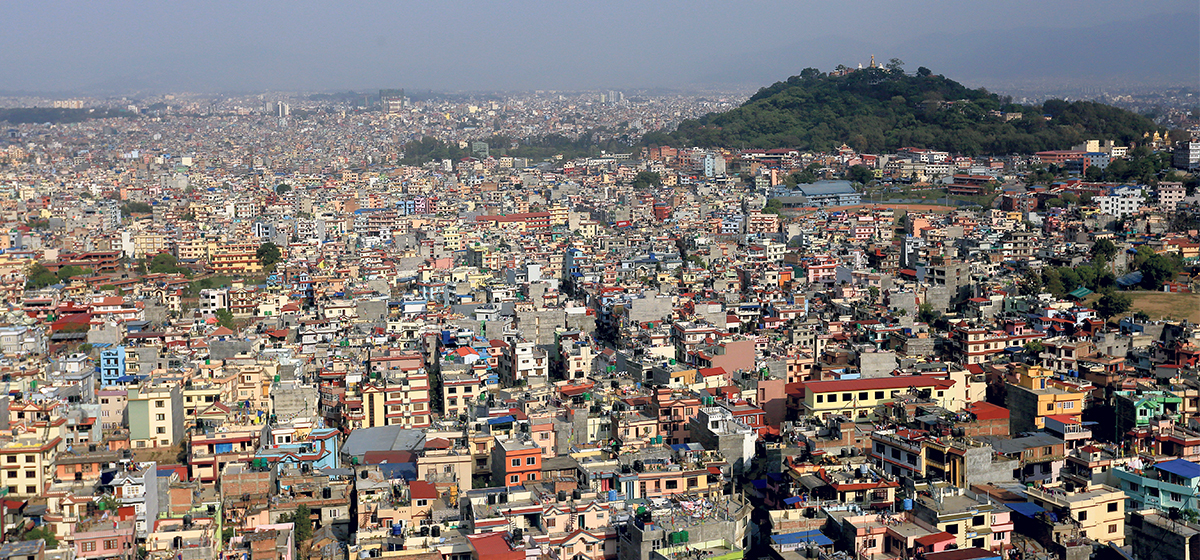
OR
Communicable disease a real hazard for jail inmates: Home ministry report
Published On: November 7, 2019 07:25 AM NPT By: Republica | @RepublicaNepal

KATHMANDU, Nov 7: With prisons across the country seeing a steady rise in the number of inmates, communicable diseases have emerged as a serious health hazard for them. Prison authorities are compelled to incarcerate both inmates of sound health and those suffering from communicable diseases in the same rooms because of overcrowding, says a report prepared by the Ministry of Home Affairs.
The situation has worsened of late because of a steady rise in prison populations in the wake of the government’s crackdown on the Netra Bikram Chand’s Maoist outfit and also the enforcement of the new Civil and Criminal Codes.
According to a brief report on conditions in jails presented by Home Minister Ram Bahadur Thapa at the State Affairs Committee of parliament on Wednesday, the jail administrations are unable to accommodate inmates who have communicable diseases in separate spaces because of inadequate capacity.
“Problems of proper drainage, inadequate drinking water, poor sanitation, garbage disposal and compulsion to keep those with communicable diseases together with the others are common at most of the jails,” reads the report.
The 68 jails across the country have a total capacity of accommodating
16,566 inmates, but the actual prison population is almost one third more than this, the report states.
Interestingly, the number of women inmates is below capacity. According to the data, only 50 jails have separate cells for women and these have a total capacity of housing 1,776 inmates. Eighteen of the districts have prisons only for males and the remaining nine don’t have prisons at all at present.
“Most of the jails are aging, vulnerable structures. Jails in the Tarai districts also face the problem of inundations. There is a huge risk of casualties in case of natural disasters like earthquakes,” the report further states.
The authorities at various jail struggle to transport sick inmates to hospitals for lack of any vehicles. Only 36 jails have four-wheeler vehicles and many of these are in poor condition.
“At least 51 district jails no longer have any medical staff following the adjustment of health workers recently,” the statement also says.
Meanwhile, another study carried out in 37 districts by the Office of the Attorney General also found that the inmates have no regular medical checkups for lack of health staff. The report also said there is no privacy for the inmates when they want to consult their lawyers or meet family members.
You May Like This

Violence erupts at Bhaktapur correction center: Inmates clash with police, leaving several injured
BHAKTAPUR, Aug 21: A shooting incident occurred as 200 inmates within a correction center in Madhyapur Thimi Municipality-2, Sanothimi, Bhaktapur,... Read More...

Inmates sleep on floor in overcrowded Dolakha prison
DOLAKHAd, May 22: Of late, inmates at the District Prison, Dolakha, have been spending their nights in misery in a... Read More...

Inmates suffering in dilapidated, congested prisons
ILAM, June 7: Thirteen inmates in Jhapa district prison recently fell unconscious due to scorching heat. They regained consciousness only... Read More...







Just In
- Gold price decreases by Rs 200 per tola today
- National Development Council meeting underway
- Meeting of Industry, Commerce, Labor and Consumer Welfare Committee being held today
- Nepali announces cricket squad under captaincy of Rohit Paudel for series against West Indies 'A'
- Partly cloudy weather likely in hilly region, other parts of country to remain clear
- Nepal’s Non-resident Ambassador to Italy presents Letter of credence to President of Italy
- 104 houses gutted in fire in Matihani (With Photos)
- By-elections: Silence period starts from today, campaigning prohibited











Leave A Comment